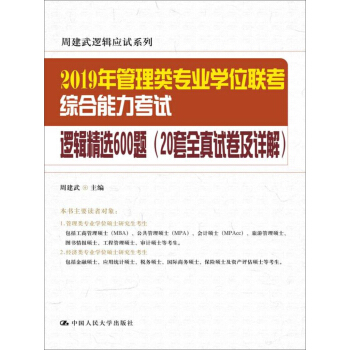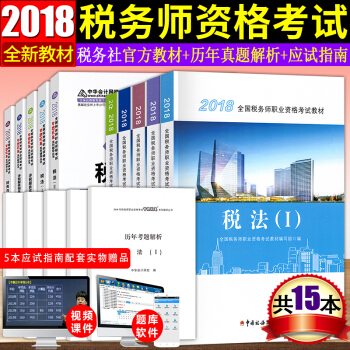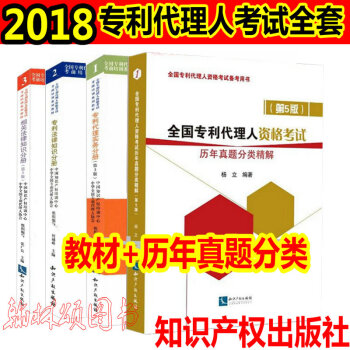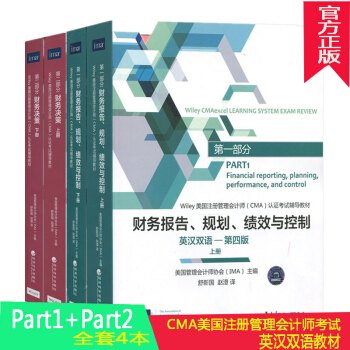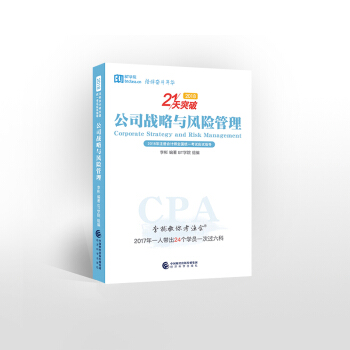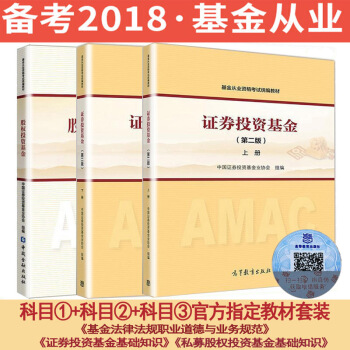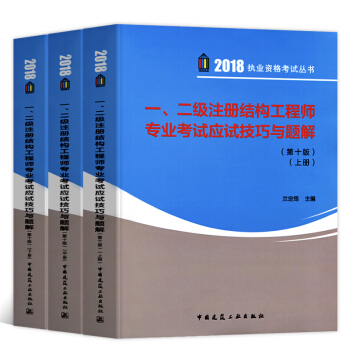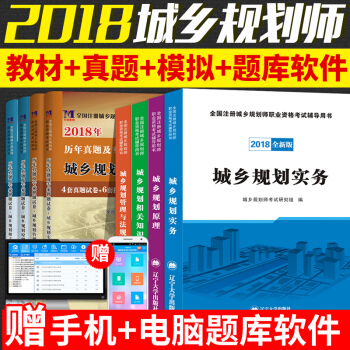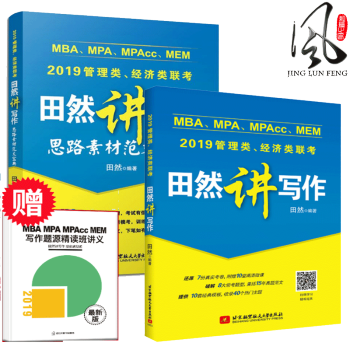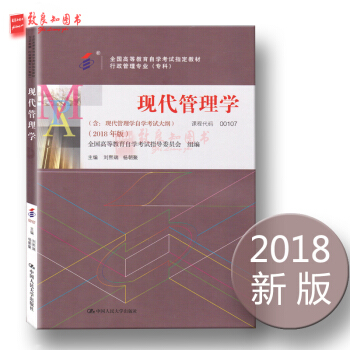具体描述
municipal engineering management and practice for the 2018 national first-class constructor examination This book serves as a comprehensive guide for candidates preparing for the 2018 National First-Class Constructor Qualification Examination, specifically focusing on the "Municipal Engineering Management and Practice" paper. It is meticulously crafted to provide a deep understanding of the subject matter, ensuring candidates are well-equipped to tackle the challenges of the examination and achieve a successful outcome. Key Features and Content: 1. In-depth Theoretical Knowledge: The book delves into the core principles and theories of municipal engineering management and practice. It covers a wide spectrum of topics, including: Project Management Fundamentals: This section lays the groundwork by explaining essential project management concepts, such as project life cycles, planning, execution, monitoring, and control. It emphasizes the application of these principles within the context of municipal engineering projects. Engineering Laws and Regulations: A thorough understanding of the legal and regulatory framework governing municipal engineering is crucial. This book provides an exhaustive overview of relevant laws, codes, standards, and policies, ensuring candidates are aware of their rights and responsibilities. Contract Management: This vital aspect of project execution is explored in detail. It covers contract types, procurement processes, contract negotiation, contract administration, dispute resolution, and claims management. Cost Engineering and Financial Management: Candidates will gain insights into cost estimation, budgeting, cost control, financial planning, and the economic evaluation of municipal engineering projects. Quality Management: The book emphasizes the importance of quality assurance and quality control in municipal engineering. It discusses quality management systems, quality standards, inspection methods, and the prevention of quality defects. Safety Management: Safety is paramount in any construction project. This section addresses safety regulations, hazard identification, risk assessment, safety plans, emergency response, and the promotion of a safety culture. Environmental Management: The book highlights the environmental considerations in municipal engineering, including environmental impact assessment, pollution control, waste management, and sustainable practices. Human Resource Management: Effective management of human resources is critical for project success. This part covers team building, leadership, communication, conflict resolution, and performance management. Procurement and Supply Chain Management: It explores the processes involved in procuring materials, equipment, and services, as well as managing the supply chain to ensure timely and cost-effective delivery. Risk Management: The book equips candidates with the tools and techniques for identifying, analyzing, evaluating, and responding to various risks that may arise during municipal engineering projects. 2. Practical Application and Case Studies: Beyond theoretical knowledge, this book stresses the practical application of concepts through real-world examples and case studies. It analyzes successful and unsuccessful projects, highlighting lessons learned and best practices. This approach helps candidates develop a problem-solving mindset and apply their knowledge to diverse scenarios. 3. Examination-Oriented Approach: The content is strategically structured to align with the examination syllabus and format. It includes: Exam Tips and Strategies: The book offers valuable advice on exam preparation, time management during the test, and effective answering techniques for different question types. Practice Questions and Mock Exams: To reinforce learning and assess readiness, the book provides a wealth of practice questions, including multiple-choice, case studies, and essay-style questions. These are designed to mimic the actual examination environment, allowing candidates to gauge their progress and identify areas needing further attention. Detailed Explanations and Analysis: Solutions to practice questions are accompanied by detailed explanations, clarifying the reasoning behind correct answers and highlighting common pitfalls. This ensures a thorough understanding of the concepts tested. 4. Comprehensive Coverage of Municipal Engineering Sub-disciplines: The book provides in-depth coverage of various municipal engineering sub-disciplines, including: Urban Road and Transportation Engineering: This includes planning, design, construction, and maintenance of roads, bridges, tunnels, traffic management systems, and public transportation infrastructure. Water Supply and Drainage Engineering: Covers the design, construction, and operation of water treatment plants, water distribution networks, sewage collection systems, and wastewater treatment plants. Solid Waste Management: Explores the principles and practices of solid waste collection, transportation, treatment, and disposal, including incineration, composting, and landfilling. Urban Green Space and Landscape Engineering: Addresses the planning, design, and construction of parks, gardens, street landscaping, and other green infrastructure. Building Energy Conservation and Green Building: Focuses on sustainable building design and construction practices, energy efficiency measures, and the use of renewable energy sources in municipal buildings. Municipal Public Facilities: Encompasses a range of essential public facilities such as street lighting, municipal squares, public restrooms, and underground utility corridors. Underground Engineering and Tunnel Construction: Delves into the complexities of underground infrastructure development, including tunneling techniques, ground support, and safety considerations. 5. Emphasis on Current Trends and Developments: The book stays abreast of the latest advancements and emerging trends in municipal engineering. It incorporates discussions on smart city technologies, sustainable infrastructure development, resilient urban planning, and the application of new materials and construction methods. Target Audience: This book is an indispensable resource for: Candidates aspiring to obtain the National First-Class Constructor Qualification Certificate in the field of municipal engineering. Practicing engineers and project managers in the municipal engineering sector seeking to enhance their knowledge and skills. Students of civil engineering and related disciplines looking for a comprehensive reference on municipal engineering management and practice. Conclusion: "Municipal Engineering Management and Practice for the 2018 National First-Class Constructor Examination" is a meticulously researched and comprehensively written guide designed to empower candidates with the knowledge, skills, and confidence necessary to excel in their examination. By combining theoretical rigor with practical application and an exam-focused approach, this book serves as a reliable companion on the path to achieving professional success in municipal engineering.




